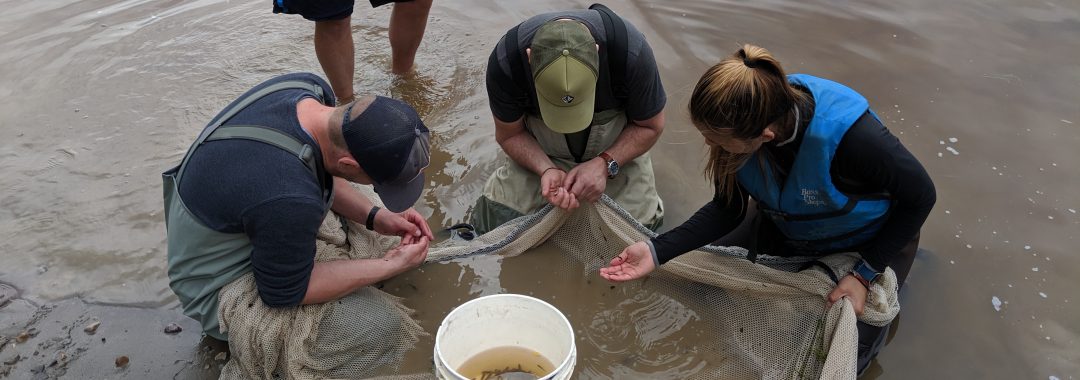Abstract:
Maintaining the viability and sustainability of freshwater fisheries lies at the heart of the intersection between fisheries science, management, and policy. In response to changing biotic and abiotic drivers, fisheries science has advanced considerably in recent years, becoming more integrative, multi-disciplinary, and diverse. We have not only gained a better understanding of fish, ecosystems, and fisheries, but have started to bridge the gap between science, management, and policy. Despite notable successes of fisheries science and management in Canada, our fisheries face a number of threats, including climate change, invasive species, habitat degradation, regulated rivers and water demands, and overexploitation. How we address these threats will be determined in part by the way we value knowledge from diverse sources. With such uncertainty on the horizon, there is value in taking a philosophical view of the future of freshwater fisheries in Canada. Our objective is to provide an overview of risk factors relevant to Canadian freshwater fisheries from the perspectives of a diverse team of primarily early-career fisheries scientists. We integrate our prognostications to provide an outlook for the future of freshwater fisheries science, management, and policy in Canada.
Citation: Donaldson, M., Eliason, E., Jeffries, K., Poesch, M.S., Drake, D.A.R., Braun, D., Hasler, C., Nguyen, V., Raby, G., Lennox, R., Swanson, H., Favaro, B., Bower, S. and S.J. Cooke. (2023) Early career perspectives on the future of freshwater fisheries science, management and policy in Canada. In Perspectives in Canadian Fisheries, Cooke, S. (ed.). American Fisheries Society, Bethesda, MD, USA.
Also Read:

